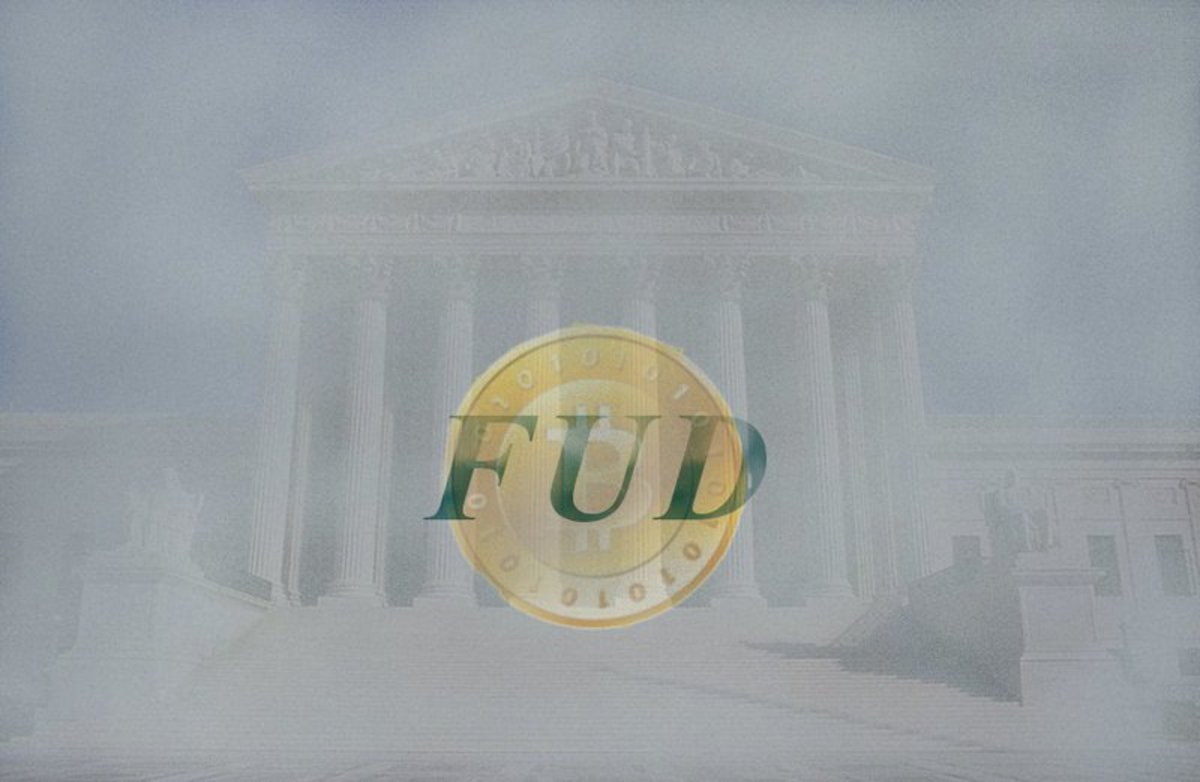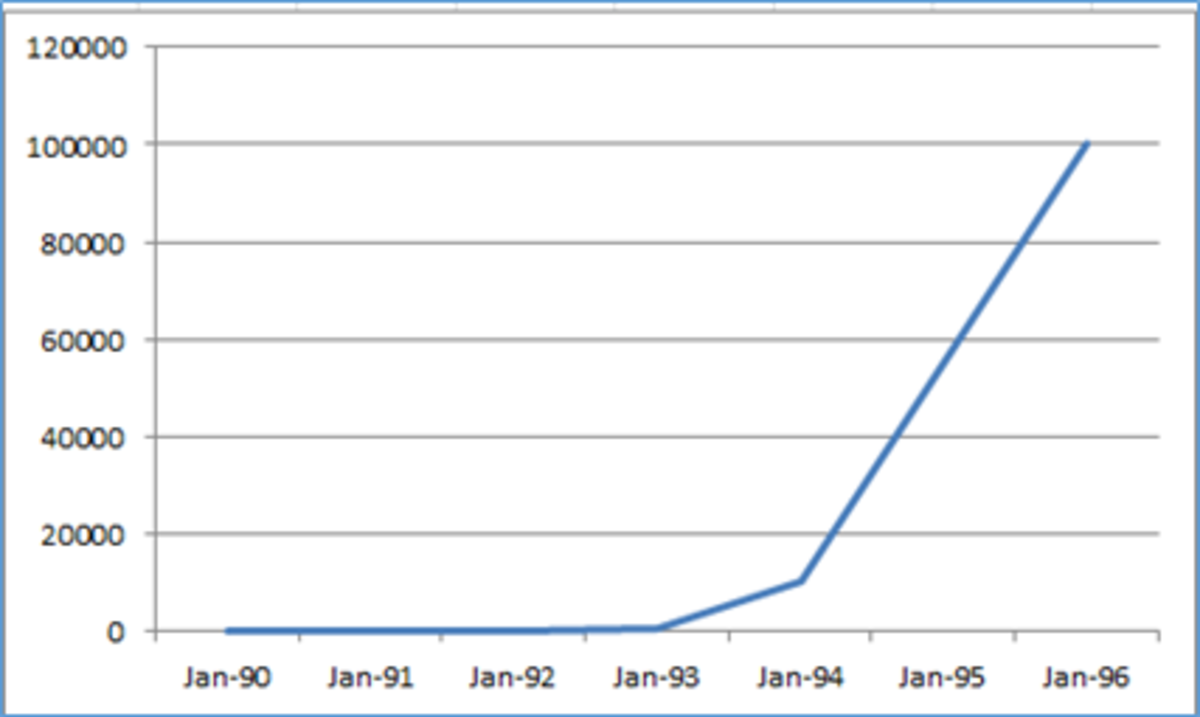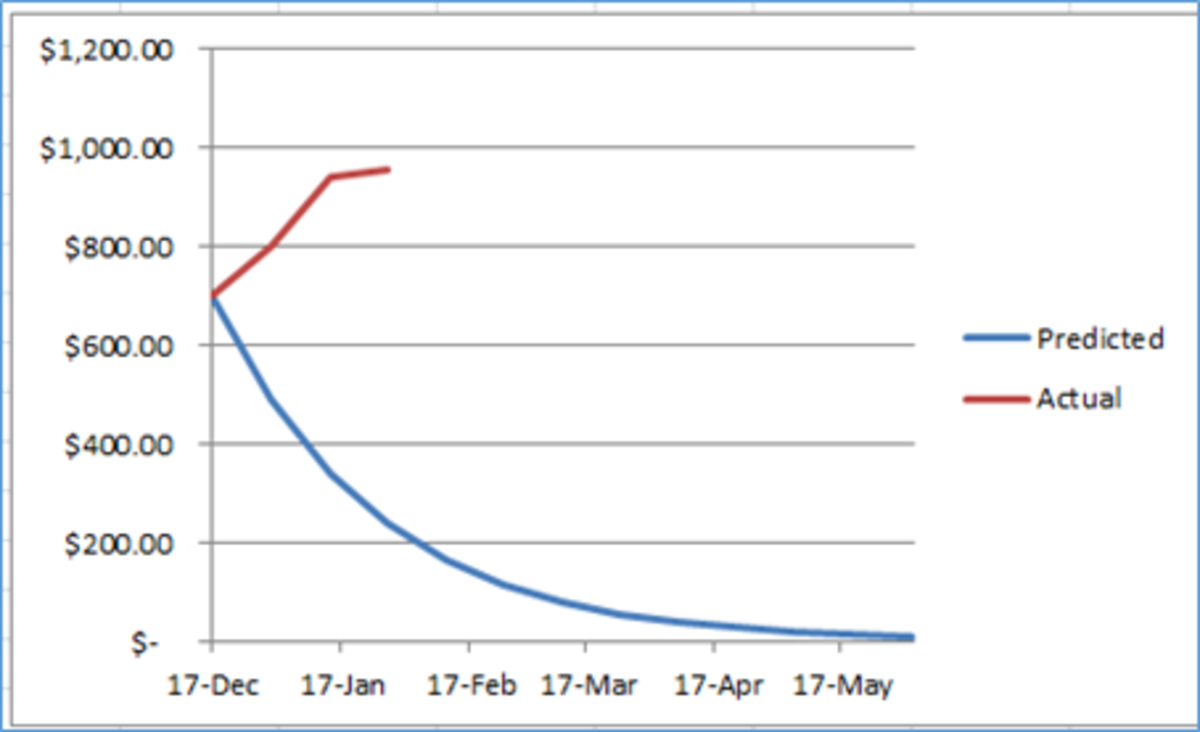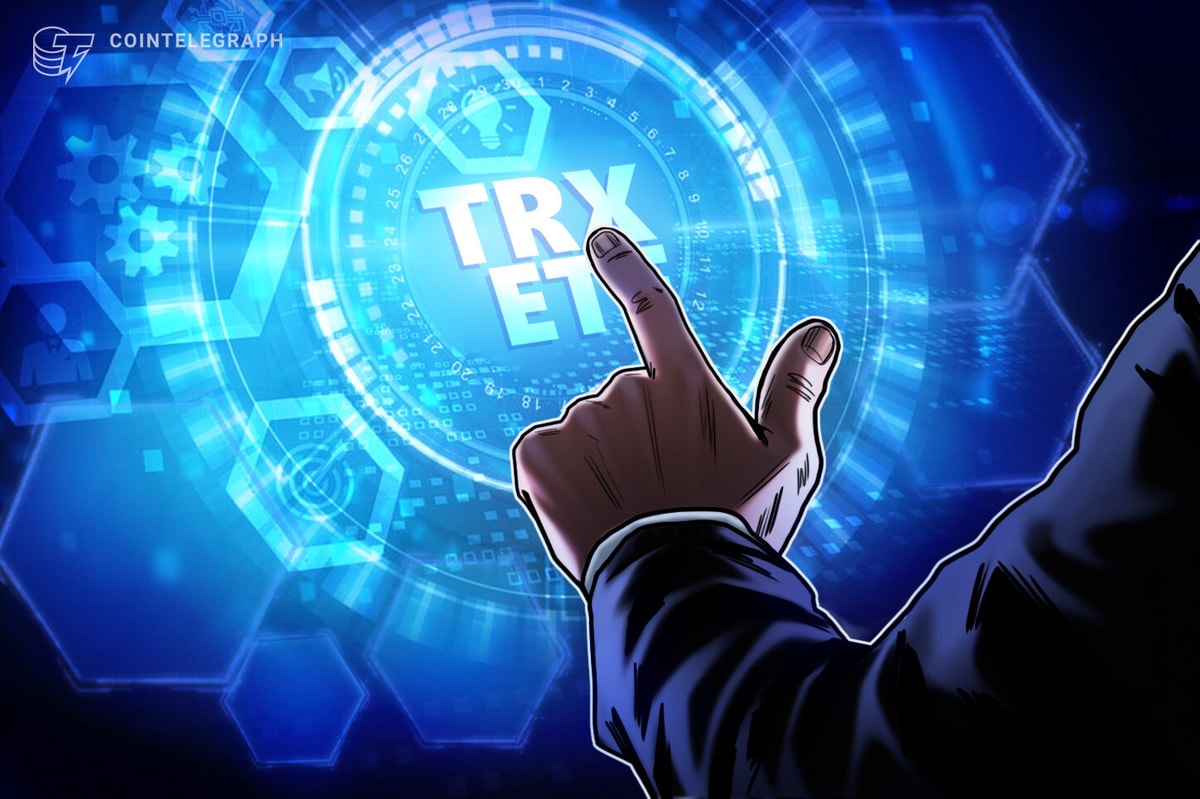
Let’s get the facts straight.
At the New York hearings Division of Financial Service conference on Virtual Currencies held this last week we heard from a wide variety of characters who are in, worked with, or have taken a critical view of the currency in the media. The general agreement seems to reflect that the hearings were useful and positive. Most agreed that the task of bringing balance of a thoughtful approach to the subject matter will help untangle the complexities of digital currency. Both business and government seemed eager create a framework of some legal regulation to assist its continued growth. Other states may use this outcome as a template for their own respective jurisdictions.
Mark Williams, a professor in risk analysis from Boston University, was inexplicably the only speaker left off the announced agenda from the Department’s website’s list. His portion of the hearing was on day 2, session three. He’s recently taken it upon himself to be a vocal skeptic of the currency and has seemingly gone out of his way to draw attention to his anti-cause. It is unclear what his motivations might be or what group might be financing his actions with his attempt to spread FUD around the issues of digital currencies. This article will separate accusations and innuendo from actual and provable facts and let the reader decide for themselves if his opinion has merit. You can see his performance in part three of the second day of hearings recorded here.
The network effect:
Before we can accurately analyze his arguments, it’s important that the reader understand an important factor that is causing the dynamic of growth and volatility of bitcoin requires the understanding of the principles of the established and repeated examples of the network effect.
Put simply, the value of certain products and services become much more valuable with more people that use that same product or service. It creates a positive feedback loop. If only two people in the world owned a phone, how valuable would the phone system be? But if you could talk to 100 people on the phone, the value rises. If you can reach anybody in the country at any point in time, what new abilities do you have that the phone can give you? How much more valuable is to you then? The same is true for email, Facebook, Twitter, and so on.
The explosion in adoption rates was breathtakingly fast. At some point the change reaches critical mass and an irreversible paradigm shift happens. Things never go back to the way they were before. Eventually it reaches a saturation point and the uptake slows. This is commonly known the “S” curve. It starts out volatile as market disruption changes are usually met with skepticism - we don’t give up our old paradigms easily. Disruptive technologies solve problems in new ways that weren't possible before. Read more about networks effects here.
Mr. Williams remarked that there was no change in fundamentals that could account for a price surge from $13 to over $1200 in a year represented an unbelievable 9,000 rise. Yet we can compare the adoption rates of the technologies using charts that follow. They compare the network effect of the growth of the internet in the 1990 to 1996 to the rise in bitcoin price.

Bitcoin addresses used, reported from Blockchain.info
Mr. Williams said that 9,000 increase is not something you typically see in a commodity. One might wonder why he chose to compare commodities to the network effect of a new internet technology. Some would argue that this is a classic example of comparing apples to oranges. Only later does he define bitcoin as a payment system. So he calls it a commodity when he referred to it’s meteoric rise in price, but then a payment network when describing the dangers in possibilities of crime. He changes his description and attributes of bitcoin to morph into the boogeyman of his current argument from moment to moment. This article will treat bitcoin as just a unit of data reserved for a place in the public shared ledger database, of which in theory we could have over one quadrillion addressable units as of this writing. Mr. Williams’ inconsistent classification of bitcon ends up being logically inconsistent to own arguments.
In the most basic of economic lessons, we are taught that price is simply an equilibrium point of the law of supply and demand. Put most simply, if more people demand a certain item that is owned by somebody else, they must offer enough in trade that the people that own it deem the amount paid. Each participant feels that they received the better of the trade. So to each party, the trade is equitable. This mechanism is called “price discovery” and it’s a vital function for any product. It is worth precisely what people will pay for it. Sometimes we find out quickly, sometimes not. Speculators play an important role to find what the market will be willing to pay, and what items hold value including expectation of future value.
Mr. Williams claimed without giving reason that the price must be artificial reduction in supply – or artificial increase in demand. If nobody is buying under duress and is free to purchase or not, how can the price of anything be considered artificial? Price can be traced to the value people place in it. The value people give is subjective. For example, a glass of water can have significant value and price very differently under different context. In the middle of a river, a glass of water is priced and valued much differently that a glass of water in the middle of the desert after a day without. The glass of water is priced in terms of its usefulness and value. Which of these examples is paying the “artificial” price? They are paying the price they agree for the value they give it. There is no such thing as an artificial price in a free market. A currency free from government interference may be valued differently depending on the country and economic circumstances.The reader might remember that bitcoin is not a US currency; it is used world-wide. Does Mr. Williams speak for all 193 countries? Does he posit that he understands the value each population places on a currency? Does his opinion reflect the true opinions of the 75 of the world that remain unbanked? Does he really believe he’s qualified to make such a grand stand statement? Some might say the very central banks he defends as the “true” experts in global economics haven’t made satisfactory effort to three-fourths of the world, including 1/3 of US citizens that must resort to world of payday loans and predatory lending.
If Mr. Williams has spoken to representatives from the poorer classes that can’t get credit, or have the correct identification, a stable job, or any other blemish that might disqualify them from having a checking account or credit card, perhaps it would be important to know. One might argue that he is unqualified to make judgement for what is best for all people of the earth if his only experience is working with the one establishment that has continuously proven to ignore and disqualify most of the world. He referred to early bitcoin adopters and creators as the “computer geeks” who know nothing about global economics. Yet the very white paper establishing bitcoin was in the midst of global banking failures which were the direct reason given for its creation. Does the reader suspect that a person being skilled in economics or computer skills are mutually exclusive to each other? Is there no conceivable way there might be a person skilled in both areas that perhaps takes a more free-market position rather than the current day trend of banking centralization?
He speaks of bitcoin concentration of ownership but how does he know? It is established that the world does not know who owns bitcoins. The only record is stored on the block chain public for all to see. Units are organized into wallet ID numbers that are not associated with any known person unless they've let it be known. By way of example, the unfortunate person in the UK who found he accidentally lost his hard drive containing the bitcoin wallet password now sits underneath the earth in a landfill. He has probably lost access to his coins for good. Does he still own them? Is he ready to sell them any time? Is he a hoarder?
Mr. Williams doesn’t seem to consider that coins can and do still appear on the ledger that are in reality lost forever inside digital wallets long lost and forgotten. In the first two years of bitcoin’s existence these coins were practically worthless and used mostly as a proof of concept. It was not unusual to purposely discard them regularly. These deletions weren’t accidents. Stories of entire hard drives being erased with full knowledge the coins would be lost forever are common. At the time it appeared that it was not worth the hassle of backing them up and there were no guarantees of the future value. Yet Mr. Williams has indicated this may be a conspiracy theory does not allow for the de-facto inventory loss. He’s indicated in his published papers that this all might be a vast conspiracy of techno cyber punks ready to cash in.
He said that bitcoin is being over hyped in in a hyper-bubble. But this seems to ignore that fact that bitcoin is not a company. In his own words, how can a payment network commodity have an advertising budget or marketing campaign? There are many people excited about the possibilities it has but nobody argues that the price isn’t volatile at this still early stage. Even those who help maintain the open source code regularly advise inquirers to only invest money into bitcoin that they can afford to lose. Although as time goes on, it is likely harder to do without a twinkle in their eye. Mr. Williams predicted in December that the price would be in the single digits by June. Yet the news and momentum since he made his prediction has proven just the opposite. Major retailers like Overstock.com and TigerDirect have joined some fifty thousands of other companies accepting bitcoin. Bitcoin ATMs sell out with long lines of customers clamoring for access.
An entirely new ecosystem is developing and thriving in the space Mr. Williams predicted decay. Two examples: Google exploring integrating bitcoin into their systems. And Ebay: http://www.cnbc.com/id/101356642 and rumors of many other big names in the pipeline. His prediction on December 17 began with the price of $700. If we chart a linear drop from that point compared to June 3 - We can follow the actual price movement from week to week. According the actual performance thus far, the trend is not his friend. The linear drop equates to a 30 drop in price charted every two weeks: Actual price labeled is Mt. Gox quoted price.

His comments about a Ponzi scheme were inaccurate and can be compared with the actual definition explained by wikipedia. I encourage you to validate for yourselves why most other noteworthy economists quit making this claim a long time ago. This may be interpreted as professionally ignorant at best. FUD is designed to confuse so his real agenda remains hidden.










